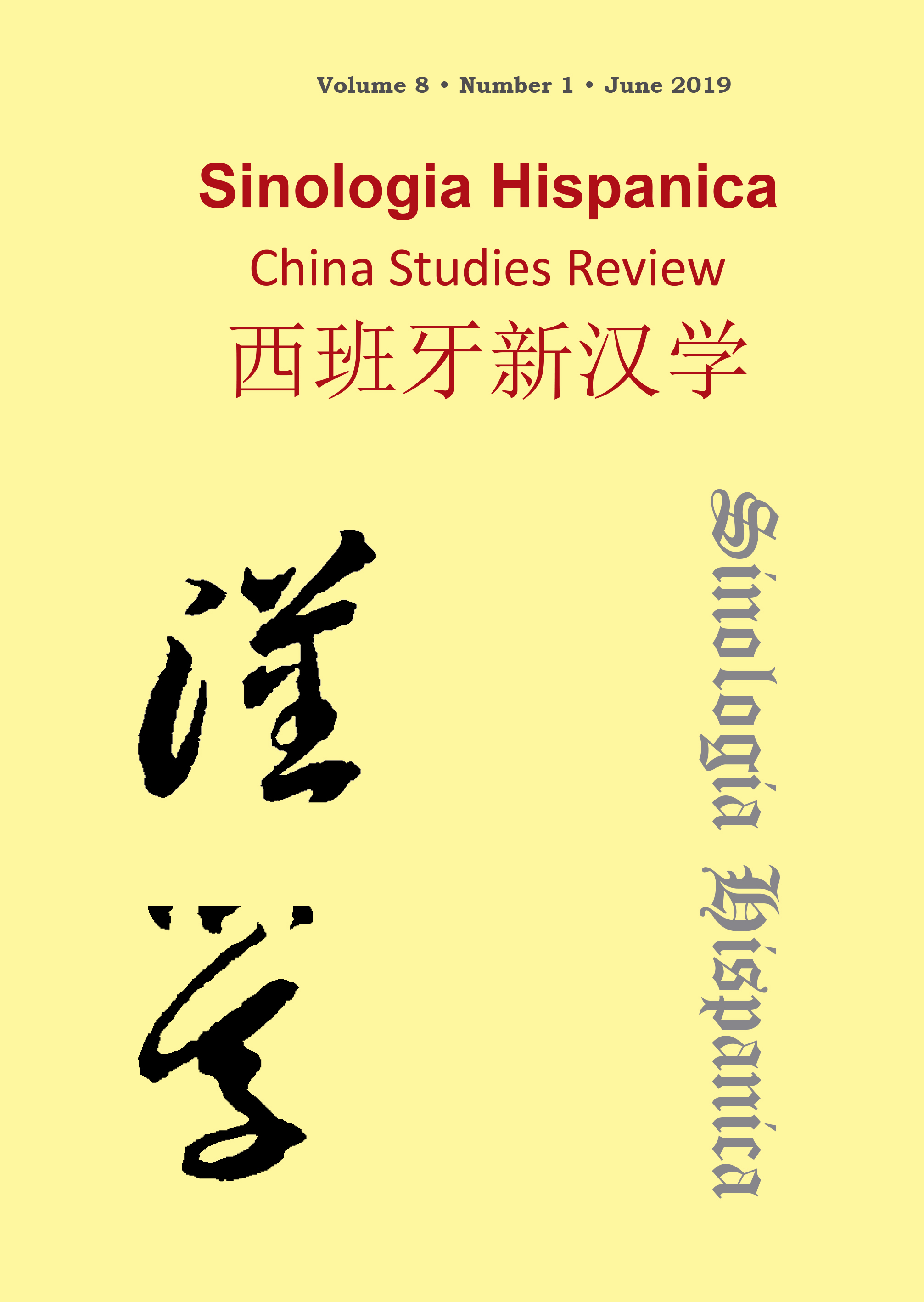Problems in the Translation of Phraseologisms in Bilingual Dictionaries Spanish-Chinese / Chinese-Spanish
DOI:
https://doi.org/10.18002/sin.v8i1.6069关键词:
phraseology, bilingual dictionary, pragmatics, translatology.摘要
The phraseology is part of the linguistic studies on phrases, proverbs, idioms, proverbs and other units of syntax totally or partially fixed. It is the reflection of a certain tradition and idiosyncrasy of society. The native speaker recognizes the phraseological units in the praxis of speech without difficulty. However, because of their idiomaticity and the sociocultural divergence between two linguistic communities, Spanish sayings and expressions cannot always be understood by the Chinese speakers. Students of Spanish as a foreign language have difficulty recognizing the non-literal meaning of an expression, the use of this type of expression in language teachingdevelops communicative competence, linguistics
competence, sociolinguistics and pragmatics
competence. Then, when producing a bilingual
dictionary, it is not enough to translate it into the
target language, but rather to contrast the two
languages in order to inform non-native speakers
of unknown elements, such as historical and
cultural backgrounds, uses, and their frequency
of application, variants, etc.
Downloads
Métricas alternativas
Downloads
已出版
How to Cite
期
栏目
License
Copyright (c) 2019 Lyu Xiaoxiao

This work is licensed under a Creative Commons Attribution-NonCommercial-ShareAlike 4.0 International License.
Sinología Hispánica. China Studies Review considers all manuscripts on the strict condition that:
- The authors assign the exploitation rights (reproduction, distribution, public communication and transformation) of the work accepted for publication to the University of León on a non-exclusive basis. Authors can establish, on their own, additional agreements for the non-exclusive distribution of the version of the work published in the journal (for example, placing it in an institutional repository or publishing it in a book), always acknowledging the initial publication. in this magazine.
- The manuscript is your own original work and does not duplicate any other previously published work, including your own previously published work.
- The manuscript is not currently under consideration or peer review, nor accepted for publication, nor in press, nor published elsewhere.
- The manuscript contains nothing that is abusive, defamatory, libellous, obscene, fraudulent, or illegal.
- Please note that Sinologia Hispanica uses Turnitin software to screen manuscripts for unoriginal material. By submitting your manuscript to Sinologia Hispanica you are agreeing to any necessary originality checks your manuscript may have to undergo during the peer-review and production processes. Any author who fails to adhere to the above conditions will be rejected.
- Authors are allowed and encouraged to electronically disseminate the pre-printed versions (version before being evaluated) and / or post-printing (version evaluated and accepted for publication) of their works before publication, since it favors their circulation and dissemination more early and with it, a possible increase in its citation and reach among the academic community.
Sinologia Hispanica is under an international license Creative Commons Attribution-Noncommercial-Share Alike 4.0. You can read more about this license in an informative version and legal text.










